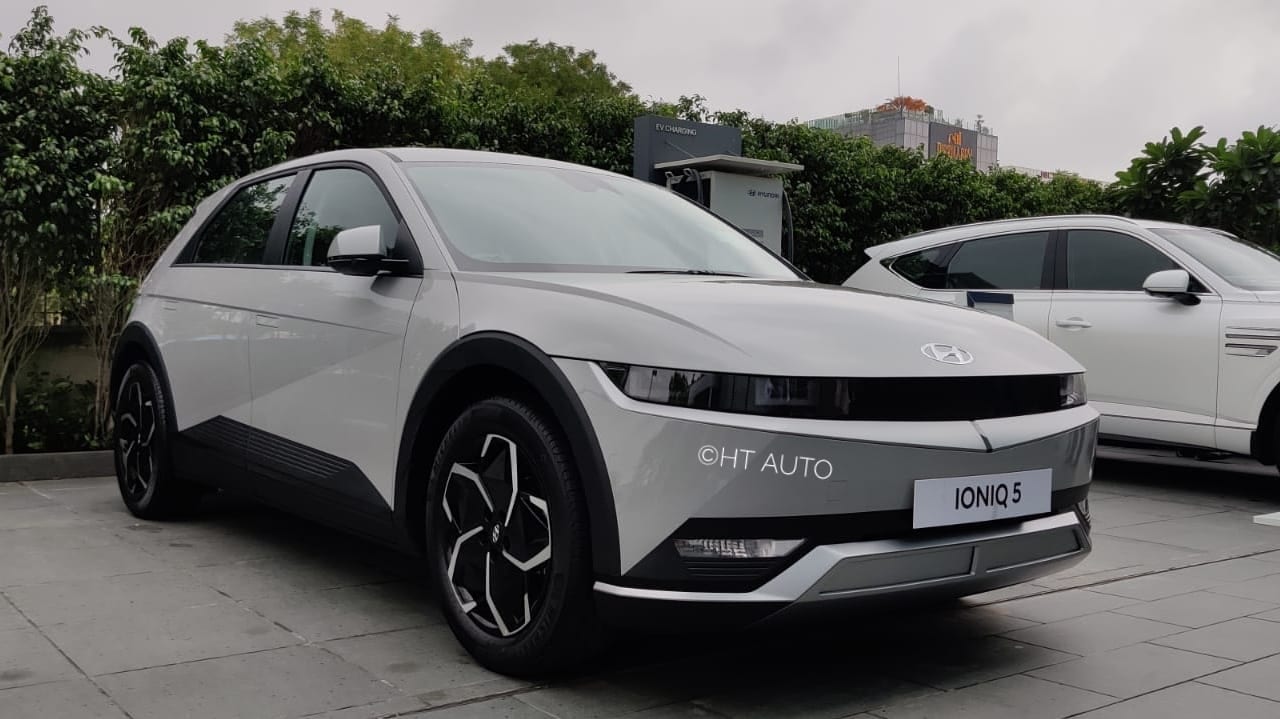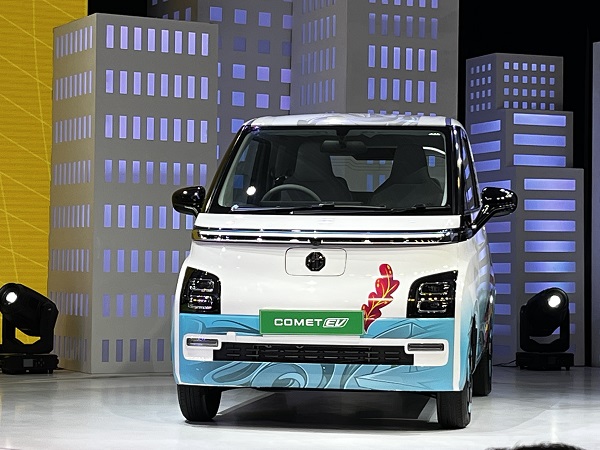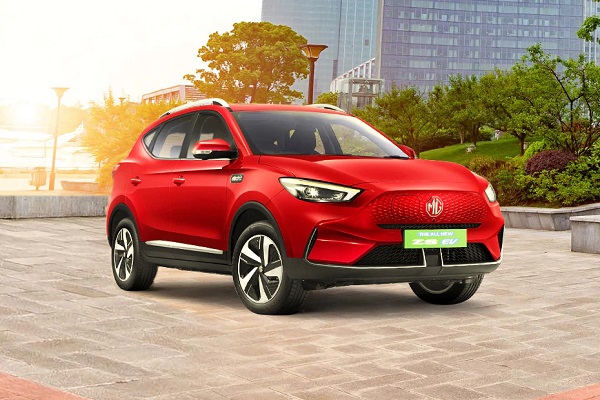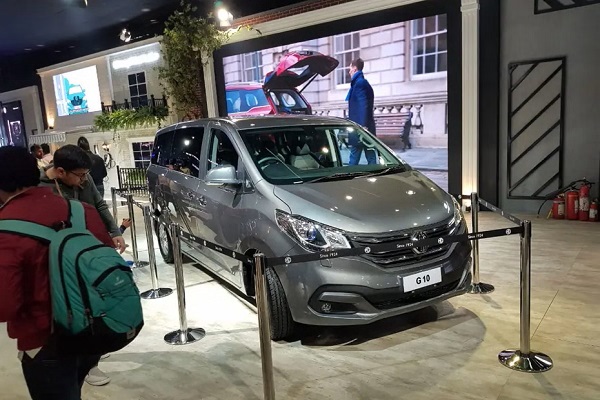Hyundai, MG Motor to expand ‘affordable’ EV space, challenge Tata might
- Tata Motors has a lion's share in the Indian electric car segment but Hyundai and MG Motor have confirmed plans to expand battery-powered car models.


The past week has seen significant announcements from two automakers in the country to expand their respective electric vehicle (EV) offerings in India. While Hyundai offers Kona EV, MG Motor has the ZS EV. But both of these EVs sit above the ₹20 lakh price point which means Tata Motors has had a dominant volume share in the still nascent electric passenger vehicle segment courtesy its Nexon and Tigor EVs.
But chances are that Tata Motors' firm hold in the electric car segment may be up for a challenge in the times to come.
The Nexon and Tigor EVs are priced around ₹13 lakh and ₹12 lakh (ex showroom). At these price points, both cars have managed to find many takers unlike the Kona and ZS EV which are rather elite products, selling in - comparatively - fewer numbers.
Also check these Vehicles
While range is crucial for any EV to find takers, the price point perhaps is even more significant. Little wonder then that MG recently confirmed plans to have a battery-powered model between ₹10 lakh and ₹15 lakh price bracket. “This is the kind of tipping point that we have been talking about that if we are able to do a car between ₹10 lakh and ₹15 lakh that can give us good volumes," says Rajeev Chaba, President and MD at MG Motor India. “The EV will target the mass segment of personal electric mobility."
The second electric offering from MG will be a crossover and will be based on a global platform. The product is being developed for emerging markets and a launch is confirmed by next fiscal.
But even more significant perhaps is Hyundai's decision to drive in as many as six EVs in India by 2028. Hyundai is the second biggest automaker in the country, after Maruti Suzuki. And while the Koreans haven't confirmed which models would make their way here, the Ioniq 5 is a quite certain to play the field. The Ioniq 5 has an official range of around 480 kms and could provide the main thrust to Hyundai's plans of investing ₹4,000 crore in India for its EV plans.


All of this means that there is going to be a significant increase in the number of options in the passenger vehicle segment available for prospective customers. There is also a chance that other OEMs re-think plans of driving in electric options with Maruti Suzuki previously hinting its first EV for India could arrive by 2025.
But does it mean Tata Motors' massive share in a rather small EV space is now under threat. “(Our) Focus is more on expanding the EV market, not so much on expanding the market share because once you reach a 70% market share, a difference between 65 to 70 to 75 is not that great if the volumes aren't growing," Vivek Srivatsa, Head of Marketing at Tata Motors had told HT Auto shortly after the launch of Tigor EV earlier in the year. “Our primary goal is to make more and more customers look towards EVs."








 64kWh
64kWh 350 km
350 km




 Diesel
Diesel













